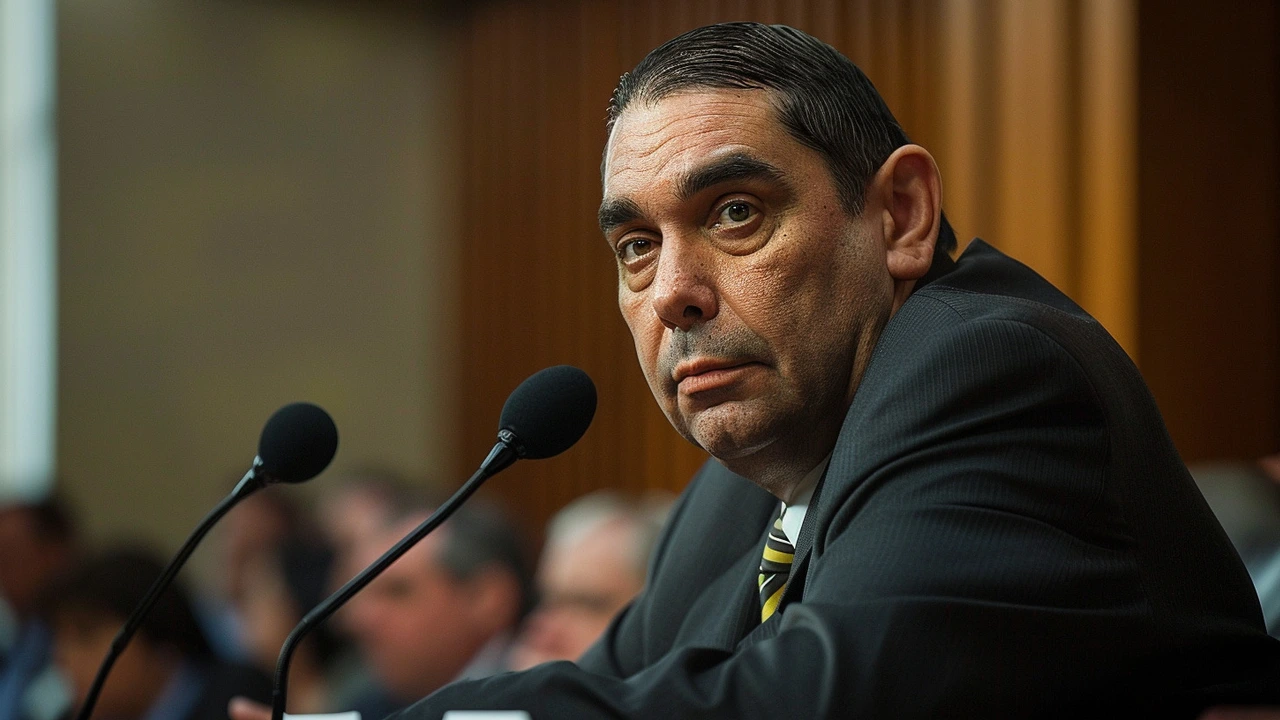Armenian Genocide: What Happened and Why It Still Matters
The Armenian Genocide is one of the most tragic events in the early 20th century, where over a million Armenians were systematically killed by the Ottoman Empire between 1915 and 1923. This wasn't just random violence; it was a planned effort to remove the Armenian population. Understanding what happened helps us grasp why it’s still a deeply sensitive topic for Armenians and the international community.
So, how did this disaster unfold? The Ottoman government accused Armenians of siding with enemy powers during World War I, which they used as a pretext for forced deportations and mass killings. Those deported faced brutal marches, starvation, and outright massacres away from their homes. Families were torn apart, and entire communities wiped out. This wasn’t just a military campaign; it was a targeted attack on an ethnic group.
Why Recognition of the Armenian Genocide Is Still Controversial
Many countries and historians recognize the Armenian Genocide, but some governments, including Turkey, reject the term "genocide". They argue that the deaths were part of wider wartime chaos, not a deliberate genocide. This dispute affects international relations and keeps the memory of the genocide alive in political debates. For many Armenians, recognition is about justice and healing, while denial feels like a continuation of the original injustice.
What makes the Armenian Genocide so important today is its impact on human rights and genocide prevention. It was one of the first times the world saw mass extermination on such a scale, influencing how future crimes against humanity are understood and prevented. Recognizing such events reminds us to stay alert against hatred and discrimination before they reach a deadly peak.
Learning From History and Moving Forward
Remembering the Armenian Genocide goes beyond history books. It’s about honoring those who suffered and ensuring future generations learn the risks of unchecked bigotry. Education on this topic encourages respect for diversity and warns against the dangerous consequences of political propaganda and ethnic hatred. Every story shared helps keep the victims' memories alive and strengthens the call for peace and human dignity worldwide.
If you want to understand current events or human rights discussions related to ethnic conflict, knowing the Armenian Genocide provides essential context. It also highlights the importance of standing up against injustice—because history shows what happens when we don’t.

